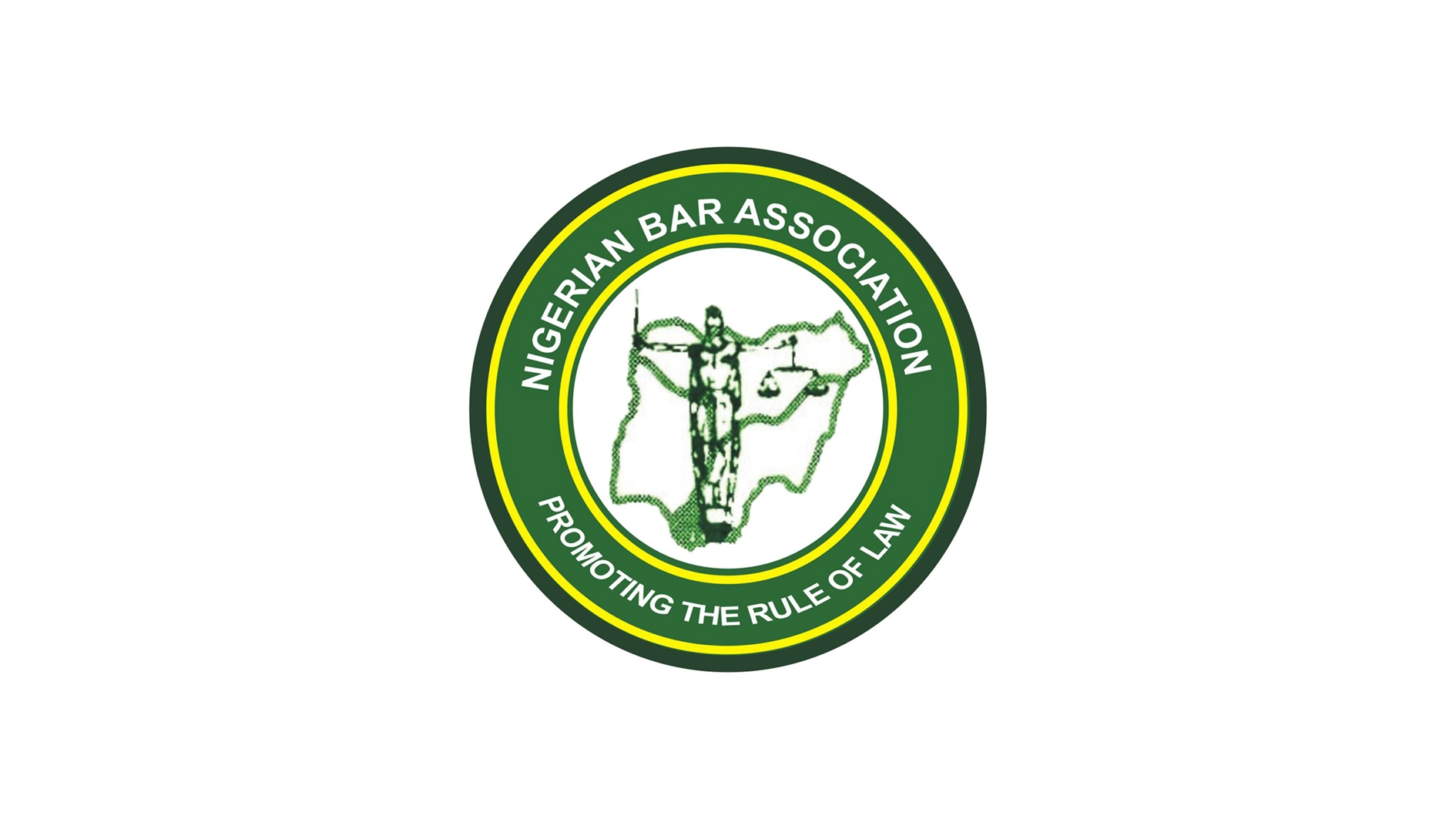• Tinubu administration’s reforms must wear human face, says former VP
• Civil society decries moves to decimate opposition, undermine INEC’s independence
• Presidency: Atiku disconnected from Nigeria’s reality
Civil society groups and former Vice President Atiku Abubakar have warned that Nigeria’s democracy is under severe threat from hunger, corruption, and poor governance.
They called for urgent reforms to strengthen accountability, uphold the rule of law, and safeguard electoral integrity as a way to avert unrest and restore public trust.
The warning came yesterday as the world marked the International Day of Democracy. Atiku decried the rising spate of hunger ravaging the country, particularly among the underprivileged, poor and downtrodden.
In a statement yesterday by his Media Adviser, Paul Ibe, he noted that whereas the primary objective of any government is the security and welfare of its citizens, Nigerians are increasingly wallowing in misery and poverty under the watch of the Tinubu-led APC administration.
According to Atiku, the current situation does not inspire cheer as it fosters a growing tendency towards criminalities in the form of high-wire fraud, terrorism, kidnapping, cultism, drug addiction and ritual sacrifice, among others.
“The Waziri Adamawa recalls that the most violent socio-political eruptions and revolutions all over the world had often been powered by pervasive hunger and unbearable material conditions – especially the paradox of squalor amidst plenty in our land.”
The 2023 presidential candidate of the Peoples Democratic Party (PDP) counselled that the “current unacceptable situation offers an opportunity for reflection.”
Atiku, who is currently leading a coalition group under the African Democratic Party to contest the 2027 presidential election, compared Nigeria’s present condition to the French Revolution, the 1917 Russian Revolution and the Arab Spring, in which a young man, overwhelmed by unbearable frustration, set himself ablaze in a development that triggered violent socio-political eruptions from Tunisia across the Middle East and North Africa.
“Back home here in Nigeria, it may not be out of place to argue that even the ‘EndSARS’ protest was fuelled by the traumatising frustration of hunger and insensitivity on the part of the government.”
He also lamented that two years after assuming office, there are still no manifest signs that the current administration is capable of addressing the grim issue of hunger staring the poor in the face.
“Whatever reform the Tinubu government might claim to be undertaking, the point remains that food insecurity is a daily occurrence nationwide.
“There is no government worth its salt that does not place priority on the welfare and security of the people.” He stressed further that since reforms are made for citizens and not the other way round, the reforms of this administration should have a human face.
“Whether the present powers accept it or not, the reality of our existence is that the poor are increasingly dying of hunger while the majority of the living poor exist at the mercy of the ill-advised policies of this government.”
Uphold accountability, rule of law amid democratic threat, Action Aid tells FG
ActionAid Nigeria tasked the Federal Government with upholding accountability and the rule of law amid mounting threats to democracy. The Country Director of ActionAid Nigeria, Andrew Mamedu, in a statement yesterday, said the theme of the celebration, “From Voice to Action,” serves as a powerful call on the government to move beyond merely expressing the will of the people to taking decisive steps to translate that will into tangible results and good governance.
He said: “For Nigeria, this year’s commemoration is not a theoretical exercise; it is an urgent demand for a system where the voice of the people is not just heard, but acted upon to repair the fractures in our democracy and ensure its foundational pillars are not eroded.”
He further stated: “Our democracy is at a critical juncture. While we have sustained continuous civilian rule for over two and a half decades, the promise of democracy, accountability, good governance, and credible elections remains, for many, an illusion.”
Mamedu highlighted the recent 2025 Chandler Good Government Index, which ranked Nigeria 116th out of 120 countries, and the Mo Ibrahim Index of African Governance, which placed the country 33rd out of 54 African nations.
He stressed that these figures are not mere statistics but a damning indictment of a system failing to deliver on its most basic duties, adding that the trust deficit is palpable and stems from leadership that often operates without genuine accountability to the citizens it purports to serve.
He added: “These figures, alongside a national unemployment rate that has remained stubbornly high and a multidimensional poverty index showing that a third of our population lives in abject poverty, paint a picture of a democracy that is not delivering on its promise.”
Citing the declaration of a state of emergency in Rivers State and the refusal of the National Assembly to comply with the Appeal Court judgment on reinstating Senator Natasha Akpoti-Uduaghan, ActionAid urged the government to draw lessons from the Gen Z-led movement for accountability and democratic reform in Nepal.
The organisation stated: “For Nigeria’s democracy to thrive, it must empower its youth and engage with their demands for good governance, for it is this generation that will either inherit a broken system or build a more equitable one.”
ActionAid Nigeria also called on all tiers of government and stakeholders, including the judiciary, civil society, and every Nigerian citizen, to demonstrate a renewed commitment to accountability.
It demanded the immediate reinstatement of Natasha to her senatorial seat in compliance with the Federal High Court’s judgment. The organisation also stressed that the Presidency must be held accountable by refraining from actions that undermine federalism, as seen in the Rivers State crisis, and insisted that the National Assembly must play its constitutional role of checking the Executive arm.
Furthermore, ActionAid called for the swift passage of electoral reform legislation, including provisions for the electronic transmission of results, to ensure transparency and accountability in the electoral process.
It also urged the Judiciary to truly be the hope of the common man and to be bold and swift in delivering judgments on issues of national importance, particularly those relating to constitutional interpretation, such as the President’s power to declare a state of emergency in Rivers State and remove an elected governor and serving State House of Assembly members.
‘Nigeria’s democracy at crossroads after 26 years of civil rule’
The Nigeria Civil Society Situation Room called on the National Assembly to finalise and pass all pending reforms into law to restore citizens’ confidence in the country, noting that Nigeria’s democracy stands at a crossroads.
The Room’s Convener, Yunusa Z. Ya’u, who made this submission yesterday in Abuja at an event to commemorate the 2025 International Day of Democracy, observed that the current administration’s legacy would hinge on its ability to address economic inequality, restore electoral integrity, and foster inclusive governance.
Represented by ActionAid’s Head of Programmes, Celestine Okwudili, Ya’u argued that while the endurance of civil rule is commendable, systemic corruption, cultural fragmentation, and governance deficits continue to threaten democratic consolidation. He said the legacy of the current administration would depend on its ability to address economic inequality, restore electoral integrity, and foster inclusive governance.
Noting that the day is not just for reflecting on the state of democracy in Nigeria, Ya’u stressed that it also provides an opportunity to identify areas where improvements are needed.
According to him, Nigeria is at a crucial juncture in its democratic journey, having marked 26 years of democratic rule this year since the return to civil rule in 1999. He insisted that the durability of Nigeria’s democracy would depend on bridging the gap between reform and inclusion.
He said: “Although some progress has been made, three fundamental principles that form the bedrock of democracy – cultural values, political leadership and the electoral process – are being confronted by systemic corruption, growing disillusionment and erosion of cultural values.
“In addition, over the past couple of months, we have seen systematic attempts to decimate political opposition and render our electoral process a choiceless ballot for the voters.
“These tactics include state-sponsored infiltration and destruction of other political parties, harassment of journalists, punitive targeting of civil society organisations to make it difficult for them to freely operate, and a determination to undermine the independence and autonomy of the election management body.
“Deepening institutional accountability, rebuilding public trust, fostering civic engagement, and national cohesion must move from rhetoric to action, which will be critical to shaping Nigeria’s democratic future beyond 2027.
“With off-cycle governorship elections holding in Anambra, Ekiti and Osun States before the next general elections, INEC will need to conduct free, fair and credible elections within internationally accepted standards and consolidate Nigeria’s commitment to democracy.” Ya’u condemned the actions of the Senate in the case of Senator Natasha Akpoti, noting that they pose a threat to the rule of law.
“The continuous denial of her access to the National Assembly and resumption of her legislative duties is a denial of representation to her constituency,” he said.
Presidency: Atiku disconnected from Nigeria’s reality
The Presidency has dismissed remarks by former Vice President Atiku Abubakar, describing them as misleading and disconnected from Nigeria’s current realities.
In a statement issued yesterday, Presidential Adviser on Information and Strategy, Bayo Onanuga, said the opposition leader’s claims that hunger is ravaging the country and his comparison of Nigeria’s present situation to the French and Russian revolutions were “grossly out of touch.”
“Talk is cheap. Former Vice President Atiku Abubakar and his handlers are clearly out of touch with the positive developments currently unfolding in our country,” Onanuga said.
He cited fresh data released by the National Bureau of Statistics (NBS), which showed headline inflation had declined for the fifth consecutive month in August, while Nigeria recorded a trade surplus at the weekend, with non-oil exports now contributing nearly as much as crude oil to the balance of trade at a ratio of 48:52.
According to him, Nigeria’s foreign exchange reserves have also risen steadily, now approaching $42 billion compared to the $32 billion President Tinubu inherited in May 2023. “This administration has cleared over $7 billion in arrears, including $800 million owed to airlines,” he stated.
Onanuga further stressed that the Tinubu administration has delivered unprecedented revenues to the federation, enabling states to pay salaries and gratuities promptly while still funding capital and social projects.
“In contrast, Atiku and his party remain stuck in the past, fixated on doomsday scenarios and revolutionary rhetoric. Ironically, many of the challenges we face today stem from the economic mismanagement during the PDP years, when Atiku was Vice President,” he added.
He maintained that after two years and five months, the Tinubu administration has made tangible progress through bold reforms, insisting that Nigerians “can see and feel the positive changes taking place across the nation.”






